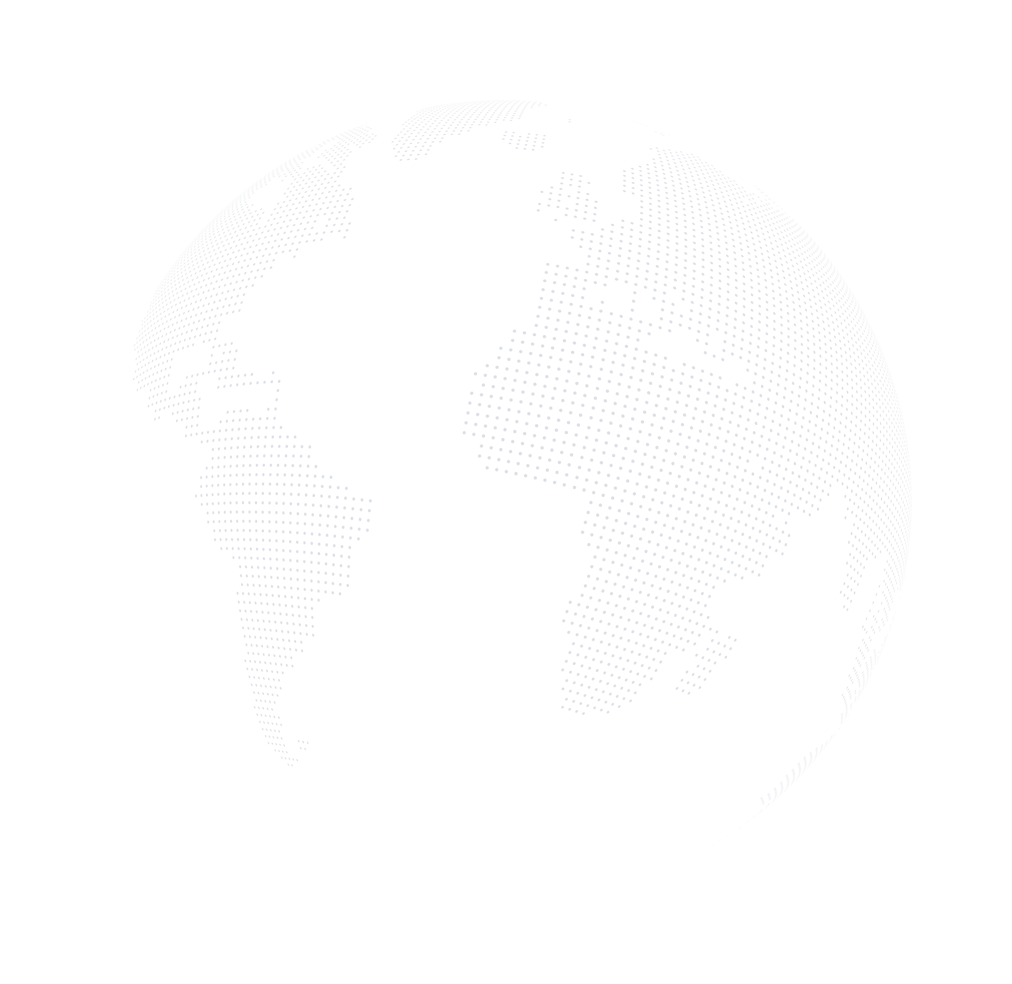Written By Idowu Ephraim Faleye- +2348132100608
The world has always watched closely whenever the USA and China are at loggerheads. These two countries are not just powerful in terms of military strength but also economically significant. For decades, their relationship has shaped the direction of global commerce and politics. But today, that relationship has taken a sharp turn towards hostility, and the ripple effects are starting to spread. What began as a simple disagreement on trade policies has now grown into a new social order that could snowball into a global crisis.
The United States and China have had a complicated history. They began to build diplomatic ties in the 1970s when President Richard Nixon visited China in 1972, marking the beginning of formal relations. This move opened up China to the Western world and laid the groundwork for decades of trade and cooperation. Over the years, China became a manufacturing powerhouse, exporting billions of dollars worth of goods to the U.S. and other Western nations. Meanwhile, the U.S. benefited from cheap consumer products and access to a large market for its companies.

However, the honeymoon did not last forever. Tensions began to rise in the early 2000s as the U.S. accused China of unfair trade practices. These included currency manipulation, intellectual property theft, and heavy government subsidies to Chinese industries, which gave them an edge over foreign competitors. At first, there were attempts at dialogue and negotiation, but these efforts did not produce lasting results. By 2018, during Donald Trump’s presidency, the U.S. took a more aggressive stance, slapping tariffs on hundreds of billions of dollars worth of Chinese imports. China responded with its own set of tariffs, and the trade war officially began.
The conflict has intensified since then. In a recent escalation, the United States increased tariffs on Chinese imports to a staggering 145%, while China retaliated by raising its tariffs on U.S. goods to 125%. These actions are not just numbers; they affect real businesses and real people. Companies are now struggling with increased production costs, disrupted supply chains, and a loss of access to key markets. Consumers are also feeling the heat as prices rise for everyday goods.
Read Also: Forgotten and Forsaken Inside the Nigerian Prison System
The impact is visible in the financial markets too. The U.S. dollar has taken a hit, falling more than 1% against a basket of global currencies and reaching its lowest point in three years. This is not just about numbers on a chart; it reflects a loss of confidence in the stability of the U.S. economy. Jamie Dimon, the CEO of JPMorgan Chase, has warned of “considerable turbulence” ahead. He cited geopolitical tension, persistent inflation, and the threat of a full-scale trade war as major risks to the global economy.
This tension is not happening in a vacuum. Countries around the world are watching closely and adjusting their strategies. Many nations in Southeast Asia, for example, have traditionally leaned towards the U.S. for trade and diplomatic ties. But with the recent protectionist policies coming out of Washington, these countries are beginning to explore closer relationships with China. The same goes for the European Union, which is finding itself caught between the two giants. Europe is trying to strike a balance but is also hedging its bets by deepening trade ties with China, particularly in areas like green energy and technology.
Canada, another long-time ally of the United States, is also being forced to rethink its position. The trade war has made it difficult for Canadian companies that rely on smooth trade with both the U.S. and China. As a result, Canada is exploring new partnerships and diversifying its trade relationships to reduce dependency on either of the feuding nations.
Read Also: Kidnapping in Nigeria: A National Emergency That Demands Immediate Action
The biggest concern now is that the trade conflict is not just about economics anymore. It has started to affect social and diplomatic relations around the world. Nations are being forced to choose sides, and this is causing a realignment of global power. China is actively wooing countries with investment opportunities and diplomatic charm. In contrast, the U.S. is doubling down on protectionist policies to shield its domestic industries. This divide is creating new alliances and breaking old ones.
The conflict has also led to what experts are calling a “technological decoupling.” The United States has imposed high tariffs on Chinese electric vehicles (EVs), making it nearly impossible for them to compete in the American market. These tariffs now amount to nearly 247.5%. While this may protect American automakers in the short term, it limits consumer choice and slows down innovation. It also makes it more expensive to transition to clean energy, something the whole world desperately needs.
While the U.S. and China are the main players, the consequences are being felt globally, especially in developing nations. For Africa, and Nigeria in particular, the stakes are high. Nigeria may not be directly involved in the trade war, but it is already feeling the pinch. As the global economy slows down, the demand for oil—Nigeria’s main export—is shrinking. This affects government revenue, weakens the currency, and increases the cost of living for ordinary citizens.
Read Also: African Poverty is Not an Act of God
Additionally, many goods consumed in Nigeria are either imported from China or involve Chinese components. When tariffs disrupt the supply chain, prices go up. Small businesses that rely on affordable goods from China are now struggling. Even worse, if the trade war pushes the global economy into a recession, foreign investments in Nigeria could dry up, worsening unemployment and poverty.
However, there is also a window of opportunity. With the global order shifting, Nigeria and other African nations can reposition themselves. By strengthening trade relations with China and other emerging markets, Africa can diversify its economy and reduce dependence on Western economies. However, this requires visionary leadership and sound economic planning.
What worries many analysts is the unpredictability of the situation. Trade wars are easy to start but very hard to end. Each round of tariffs deepens the mistrust between the U.S. and China, making diplomatic resolution more difficult. If things continue this way, we might see a complete fracture in global trade, with countries forming isolated economic blocs. This could reverse decades of globalization and cooperation, leaving the world more fragmented and unstable.
In such a divided world, smaller nations will bear the brunt. They will have fewer trading options, reduced access to technology, and weaker diplomatic influence. For ordinary people, this means higher prices, fewer job opportunities, and less economic stability. It is a future that nobody wants but one that seems increasingly likely.
As we stand at this crossroads, the world must choose cooperation over conflict. The United States and China must find a way to resolve their differences, not just for their good but for the sake of the entire planet. There is too much at stake. Every delay brings us closer to a tipping point, where the damage becomes irreversible.
This new social order that is emerging from the U.S.-China tariff war is dangerous and deeply unsettling. It has the power to redefine global relations, redraw trade maps, and upend economies. For millions of people around the world, including those in Nigeria, it is not just a political game. It is a matter of survival.
Read Also: How Nigeria’s Stolen Wealth is Shaping Its Future
In the end, we must remember that beyond the statistics and headlines are real people—families struggling to make ends meet, workers losing their jobs, and communities watching their future become uncertain. This conflict must not be allowed to spiral out of control. The world needs peace, not more division. And it begins with leaders who choose dialogue over ego, cooperation over confrontation, and unity over isolation.
Idowu Faleye is the founder and publisher of EphraimHill DataBlog, a platform committed to Data Journalism and Policy Analysis. With a strong background in Public administration and Data Analytics, his articles offer research-driven insights on Politics, governance and Public Service delivery











































![The Trend of Insecurity in Nigeria. [Part 2]](https://ephraimhilldc.com/wp-content/uploads/2024/09/Computer-Monitoring-of-Remote-areas.png)




































